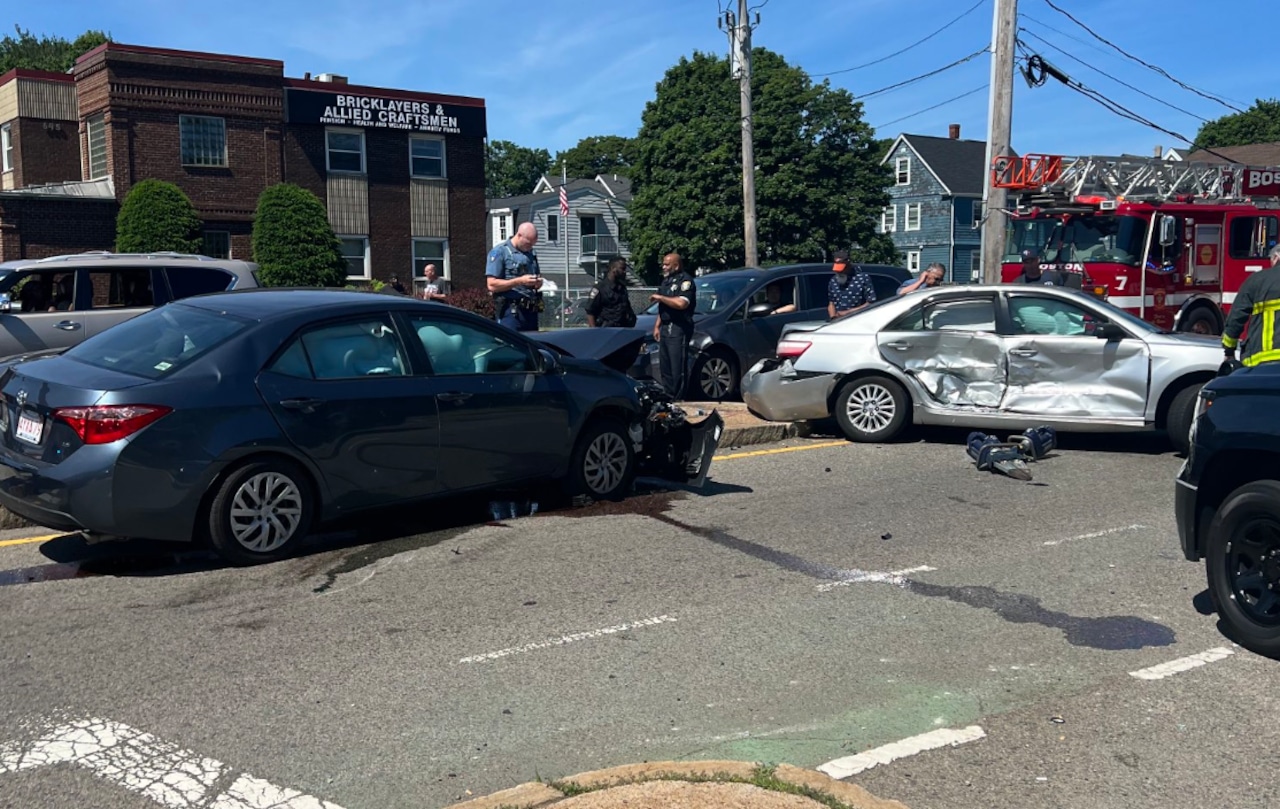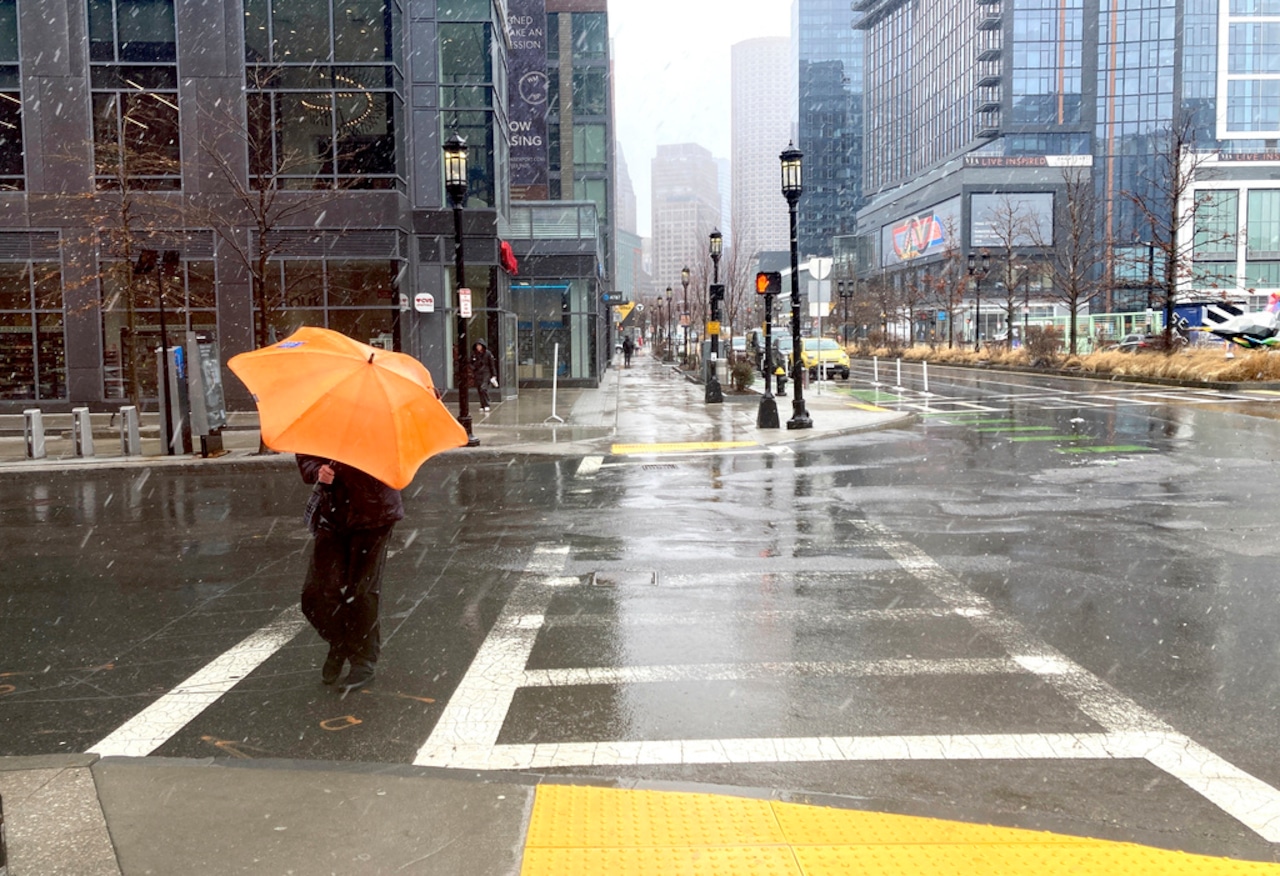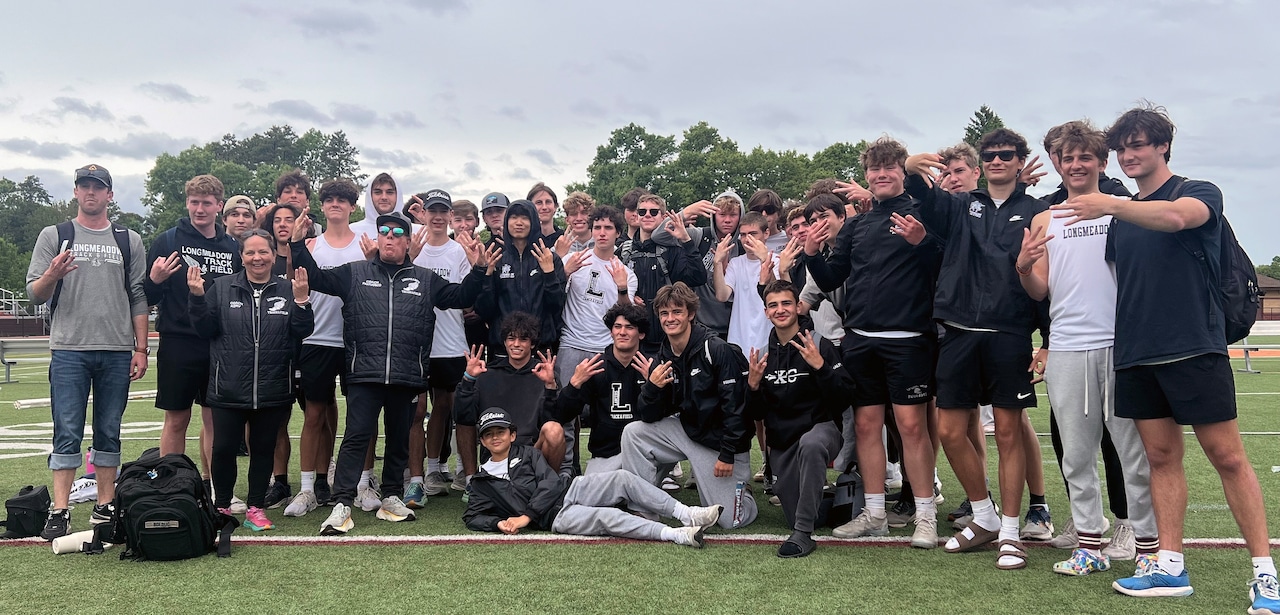
Massachusetts auto insurance rates generally fluctuate depending on what community you live in, but drivers in densely populated areas tend to pay more, according to Christopher Stark, the executive director for the Massachusetts Insurance Federation.
Newton has one of the least expensive auto insurance rates in the state, according to Bankrate. In a city with a population density of 4,885 people per square mile, the average Newton driver pays $133 a month for full premium auto coverage, according to data from Bankrate, a personal finance company.
Meanwhile, drivers in Revere, a city 11 miles northwest of Newton, are paying the most expensive auto rates in the state, according to Bankrate. In Revere, a city with a population density of 6,218 people per square mile, drivers are shelling out $229 on average a month to insure their cars.
According to Bankrate, the top 10 most expensive municipalities in Massachusetts to insure your car are in urban areas, highlighting the correlation between auto costs and population density.
Bankrate used Quadrant Information Services, a data analytics company, to analyze insurance using the most recently approved rates for August for zip codes and areas in the United States, the company said. The rates were then weighed against the population density of each geographic region of the country.
Part of the reason behind this geographic disparity is how auto insurers calculate rates.
Generally, insurance companies set their rates by estimating the likelihood of losses — accidents, highjackings, etc. — in each territory of the state, Stark said.
This practice, known as territorial ratings, allows insurance companies to determine a standard set of rates for a given area, he added.
“The reality of it is, is that in many instances, these are more urban locations and with that comes a higher level of congestion and with a higher level of congestion comes a higher level of accidents,” Stark added.
In Massachusetts in 2022, over 90% of vehicular deaths occurred in urban areas, compared to 7% in rural areas, according to the Insurance Institute for Highway Safety.
As of this year, Newton has seen nearly 20,400 car crashes, 16 of which have resulted in fatal injuries, according to data from the Massachusetts Department of Transportation. In Revere, there have been about 9,300 car crashes, 20 of which were fatal. Boston had about 56,000 car crashes, with 278 fatalities.
Territorial ratings also make sure that accidents are tied to the municipality a driver registers their vehicle in, according to Stark. If a driver registers their car in Lynn and gets into an accident in Boston, the accident would still be associated with Lynn.
“It’s one of the ways that insurers in the state are cognizant of the fact if somebody else is contributing to [an accident], we don’t want it to be a direct implication for those that live in that neighborhood,” Stark added.
However, some have criticized territorial as a system that discriminates against communities of color that are more likely to reside in urban areas.
Sen. Pavel Payano, D-1st Essex, filed a bill last year that would restructure Massachusetts’ rating formula, State House News Service reported. The bill would give up to 75% in weight to a driver’s local area and 25% of weight to the statewide average, a move that would help cut down auto rates in urban areas.
While testifying before the Joint Committee on Financial Services in May 2023, Payano cited data from the Merit Rating Board that showed racially diverse communities paid an average of 90% more than drivers in less diverse areas, the State House News Service reported.
Payano also cited a study in Connecticut that showed the 75/25 ratio in the state led to declines in premiums as much as nearly 11% in Hartford compared to in states like Massachusetts where insurers solely rely on zip codes, SHNS reported.






